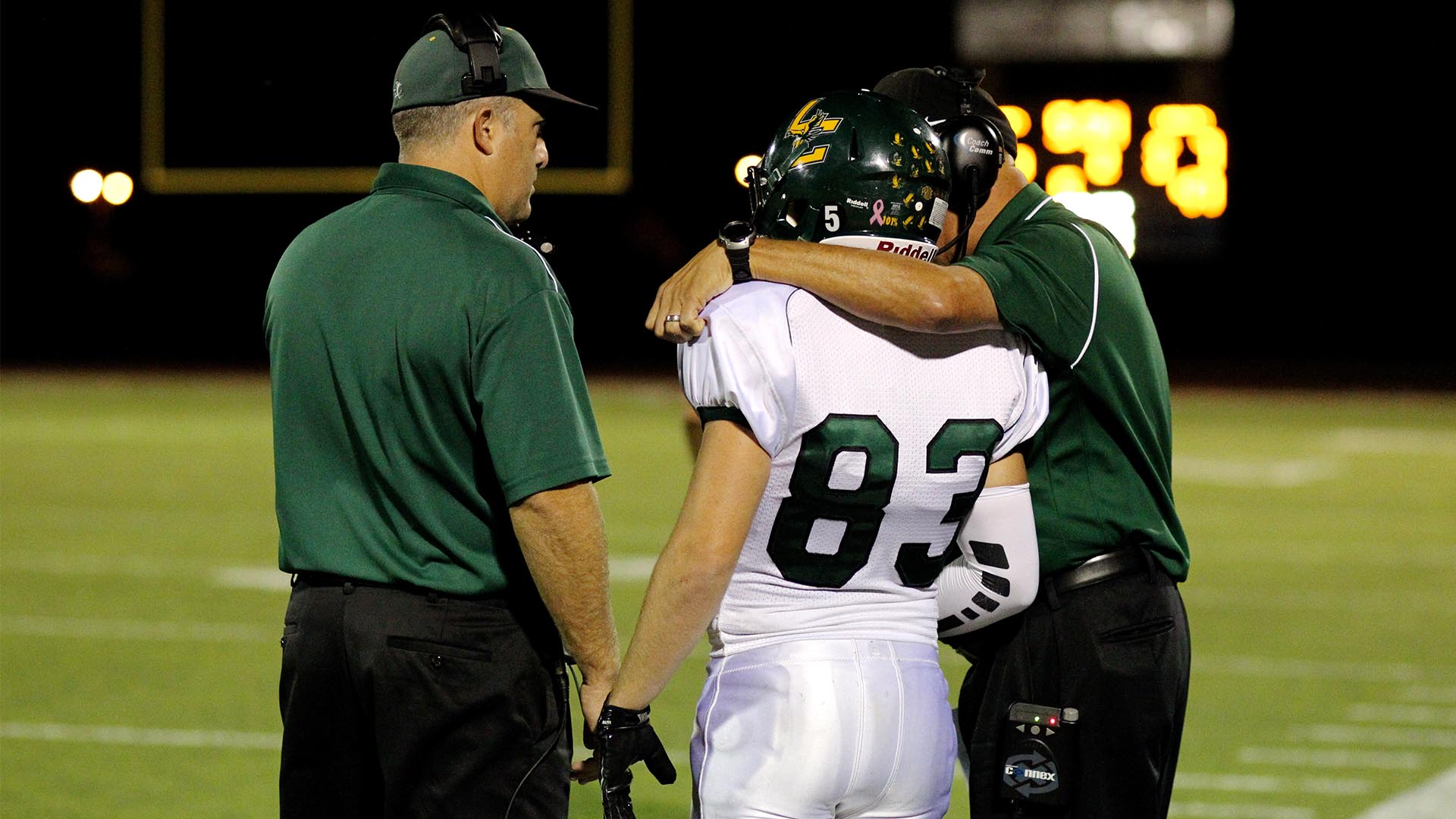When I went to seminary many moons ago, the study of leadership was one of three glaring omissions in seminary curriculum (the other two were conflict resolution and financial management). About the only leadership advice I got was this analogy: “Today’s pastor must be like a modern-day rancher who uses a helicopter to fly over the herd, see the goal, and push the church towards it.” In retrospect I know that that was, frankly, bad advice.
But I digress.
Over the years, psychologists and leadership “experts” have variously suggested that excellent leaders are born, not made, or the inverse: that great leadership can only be taught. My particular position, coming from several decades of study and observation, is that the answer to whether a leader is born or made is simply “Yes.”
Clearly there are some people who simply have the right genes, personality, or something that gives them a leadership edge that identifiable at a young age – far too young for them to have been intentionally taught. Indeed, some experts suggest that as many as one-third of successful leaders were born that way. The other two-thirds, according to a number of studies, were made.
That’s good news for the church. It seems that very few born leaders heed a call to ministry any more. Too many good leaders, even Christian ones, decide it’s just not worth the grief to entertain the possibility of church leadership. Instead, they end up in industry, entrepreneurship, or the non-profit sector. Which of course means that the church generally has to rely on non-born leaders or would-be leaders to carry on.
The problem is, who’s teaching our church leaders and leaders-to-be how to lead? You really can’t get it from a book. The seminaries largely aren’t teaching it, and fewer folks than ever are turning to seminary anyway. And John Maxwell can only be so many places at once.
That’s one of the core reasons why every leader needs a coach. This is true of the Sunday school superintendent, the board chair, the small group leaders, the pastor, and everyone in between. A coach is someone who meets with their leaders regularly – at least once a month. A coach does more than just ask how things are going. They help the leader set goals, encourage and equip (when necessary) to achieve those goals, and hold them accountable when they don’t.
The truth is, we rarely see leaders fail when they are working effectively with a coach. And the reverse is also true. We rarely hear of a failed leader who failed while working effectively with a coach. By effectively, we mean the leader is in regular communication with their coach, they’re honest and transparent with their coach, and their coach has the wherewithal to help them set goals and hold them accountable to meeting those goals.
Facing a tough ministry setting? Getting ready for a transition? Need to raise your Small Group Coordinator’s effectiveness? Think Coach. Every leader needs one, and if the church is going to be in the business of making leaders, we’re going to have to insist on it.
Question: How has having a coach impacted your leadership? Are you wondering how to find a coach? Share your stories, questions, and other thoughts in the Comments section below.


